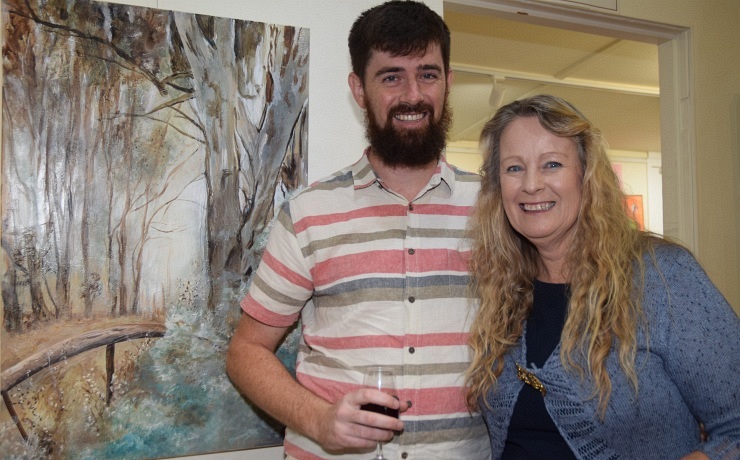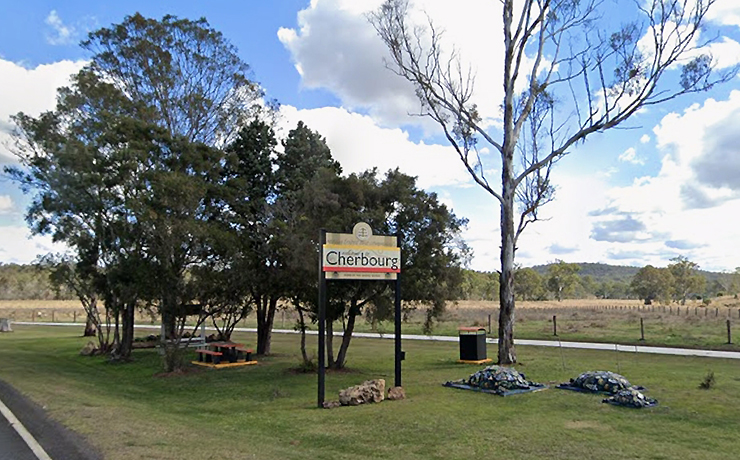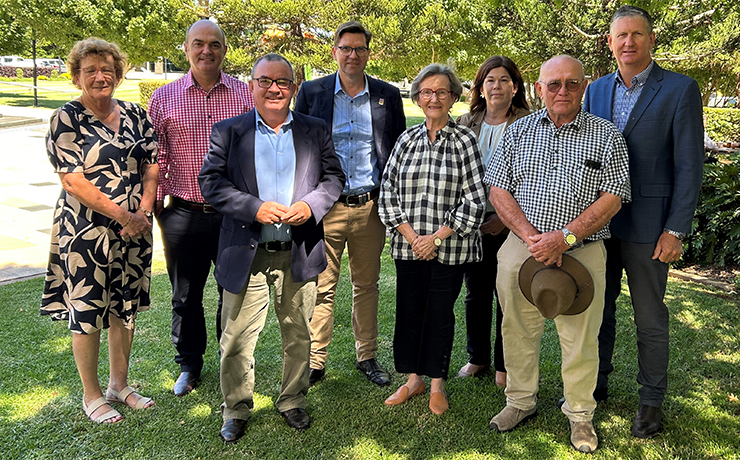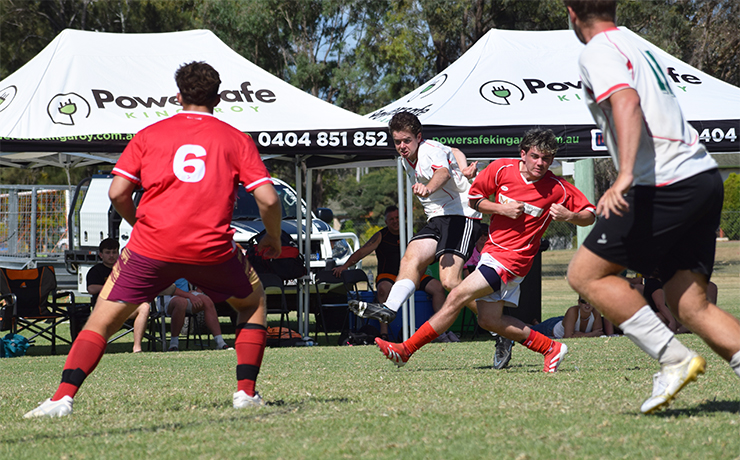
February 13, 2019
People convicted of sharing “revenge porn” could now face up to three years in jail.
Attorney-General Yvette D’Ath said the “Criminal Code (Non-Consensual Sharing of Intimate Images) Amendment Bill 2018″ addressed the disturbing trend known colloquially as revenge porn.
“We do not use that term in the Bill because we know this conduct is so much more,” she said.
“The government recognises that the non-consensual sharing of intimate images covers a broad range of conduct, relationships, motivations and modes of distribution.
“We want offenders to know that this is more than unacceptable, it is a crime.
“We want victims to know that it is safe to come forward. They will not be blamed or shamed, they will be supported by the new laws.
“Anyone convicted of distributing or threatening to distribute intimate images or prohibited visual recordings of a person without their consent now faces up to three years in jail.
“Furthermore, anyone threatening to distribute an image can be charged, whether or not the image actually exists.
“The new laws also cover photoshopped images – where an image has been altered to look like a person is portrayed in an intimate way.”
Mrs D’Ath said the laws gave courts the power to make a rectification order directing an offender to delete or remove images – or face up to two years in jail.
“This is about more than holding people accountable, it is about starting a conversation. That is why we are working across government to deliver education and awareness-raising initiatives,” she said.
“Whether you are a parent, a carer or a friend, everyone needs to warn their loved ones of the dangers of sharing intimate images.
“The new laws consider children under 16 not capable of giving consent to distributing intimate images depicting them.”
The Bill also increases the maximum penalty for two existing offences, “Observations or recordings in breach of privacy” and “Distributing prohibited visual recordings”, from two years to three years’ jail.
























